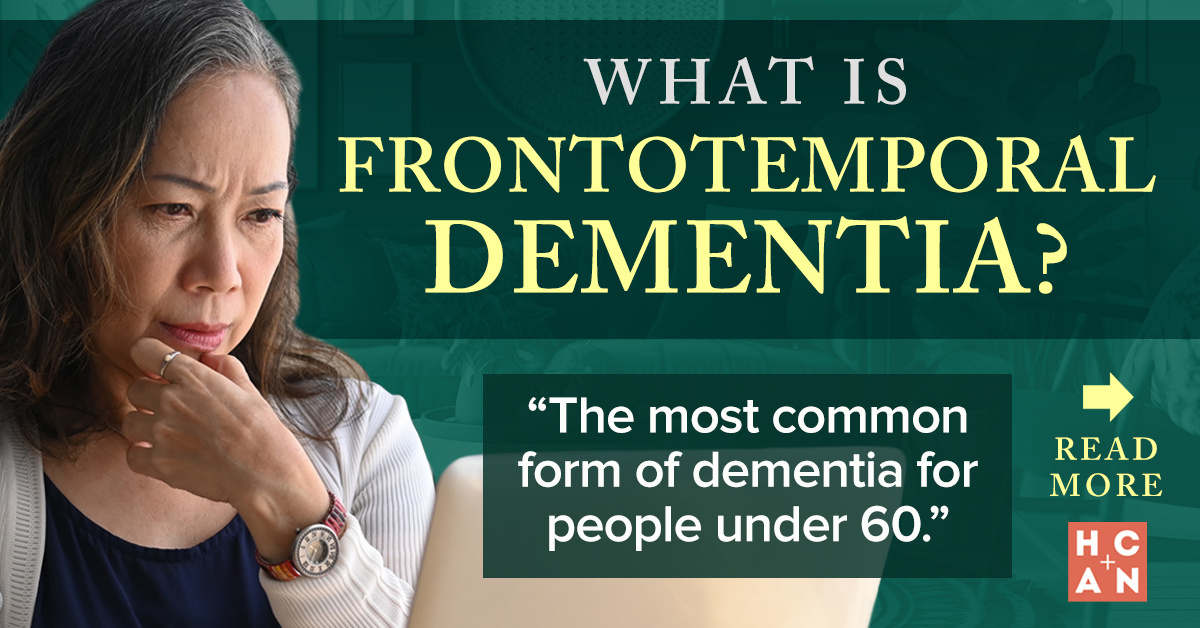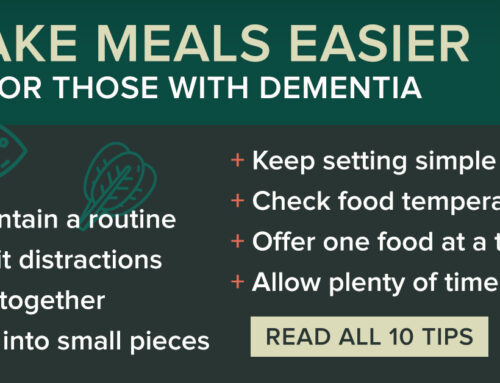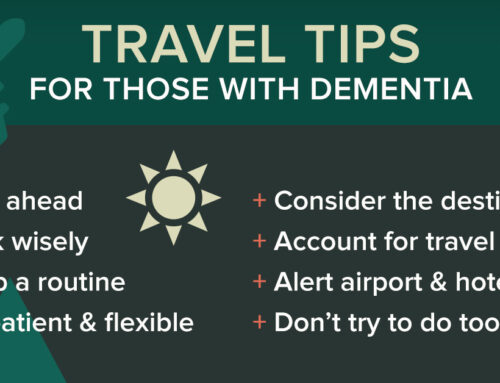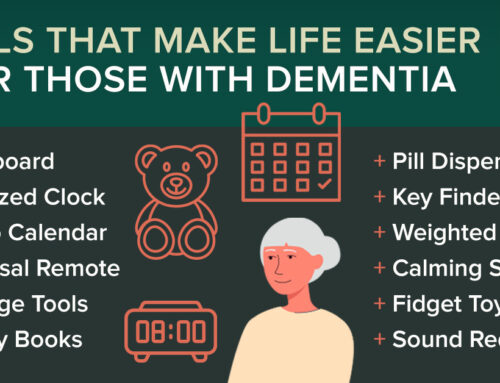What is Frontotemporal Dementia?
What is Frontotemporal Dementia?
You may have heard the heartbreaking news – actor Bruce Willis has been diagnosed with frontotemporal dementia (FTD).
“FTD is a cruel disease that many of us have never heard of and can strike anyone,” his family said in a statement sharing the diagnosis. “For people under 60, FTD is the most common form of dementia, and because getting the diagnosis can take years, FTD is likely much more prevalent than we know.”
Types of Frontotemporal Dementia
According to the U.S. Department of Health and Human Services, FTD is caused by a group of disorders that gradually damage the brain’s frontal lobes (the areas behind your forehead) and/or its temporal lobes (the regions behind your ears). There are three types of FTD:
- Behavioral variant frontotemporal dementia (bvFTD) is the most common form of the disease. It causes changes in personality, behavior and judgment. People with this disorder typically have problems with cognition, but their memory may remain intact. Symptoms include – problems planning and sequencing, difficulty prioritizing tasks, repeating the same activity/word over and over, acting impulsively or saying/doing inappropriate things and becoming disinterested in favorite people/activities.
- Primary progressive aphasia (PPA) involves changes in the ability to communicate – speaking, reading, writing and understanding what others are saying. Problems with memory, reasoning and judgment are not apparent at first but can develop over time.
- Movement disorders that occur when parts of the brain that control movement are affected. The disorders may affect thinking and language abilities, too.
Other things to know about Frontotemporal Dementia:
- It is rare and tends to occur at a younger age than other forms of dementia. It’s estimated that 60% of people with FTD are 45 to 64 years old.
- FTD is a progressive disease – meaning symptoms will get worse over time.
- In most cases, the cause of FTD is unknown. Individuals with a family history of FTD are more likely to develop the disorder – about 10 – 30% of bvFTD is due to specific genetic causes.
- FTD can be hard to diagnose, because symptoms are similar to other conditions. For example, bvFTD is sometimes misdiagnosed a mood disorder, such as depression.
- There currently is no cure for FTD and no treatments to slow or stop the progression of the disease.
Frontotemporal Dementia Can Affect Anyone
“Like other forms of dementia, FTD doesn’t discriminate – it can affect anyone,” said Sierra Goetz, co-founder and operations manager at the HomeCare Advocacy Network (HCAN). “We’re grateful to the Willis family for sharing their story in order to raise awareness about the disease and support ongoing research that may someday result in a cure.”
The Association for Frontotemporal Degeneration offers more information and resources for families coping with the challenges of FTD. Click here to find support in your area.






